Finding an effective solution to Europe’s migrant crisis has eluded the continent’s leaders for a decade. Presidents, prime ministers and chancellors have tried, and failed, to tackle the issue. Above all, governments have been scared to stand up to the powerful pro-migrant lobby which has controlled the narrative since the crisis began in 2011. Is this about to finally change?
Prime Minister Rishi Sunak is determined to make good on his vow to stop the small boats crossing the Channel. This week, Home Secretary Suella Braverman will explain how this will be done. Under a new bill, anyone arriving in the UK on a small boat will be prevented from claiming asylum, with the Home Secretary having a duty to ‘detain and swiftly remove’ those who break the law.
Sunak is also expected to discuss illegal immigration with Emmanuel Macron when the pair meet in Paris on Friday for an Anglo-French summit. President Macron also wants to make it easier to deport people who arrive in France illegally, a strand of his immigration bill that will be debated in the Senate at the end of this month. An indication that France may have started to harden its position on migrants came on Friday when the Paris Administrative Court of Appeal annulled a €100,000 (£90,000) grant awarded by the city’s mayoral office to the NGO SOS Méditerranée. There has been predictable outrage among some on the French left, with one media outlet accusing the court of ratifying the government’s ‘genocidal policy – which it shares with other EU governments – towards the thousands of drowned people in the Mediterranean’.
France may have started to harden its position on migrants
For many years, SOS Méditerranée has operated in the sea of its name, picking up migrants a few miles off the Libyan coast and ferrying them to Italian ports. Their funding comes, in part, from city or town councils: Paris, Lyon, Grenoble, Bordeaux, Strasbourg, Brest and Nantes to name but a few. The amount varies, but not the politics of the councils: they are all run by the left.
In its judgement, the Paris court said that, in awarding the grant, the city’s Socialist mayor, Anne Hidalgo, had intended to ‘interfere in matters relating to the foreign policy of France and the competence of the institutions of the European Union, as well as in disputes of a political nature between Member States.’
No doubt that was an allusion to France’s relations with Italy, still brittle after the Italians refused to allow an NGO vessel carrying 234 migrants to dock last autumn. France directed the ship to one of its ports, but made clear its anger, unjustified as it was given that the burden of Europe’s migrant crisis has long been borne by Italy.
This was one of the decisive factors in the election victory of Giorgia Meloni last September; and one of her first acts as PM was to pass a bill that requires all NGO vessels to request access to a port after their first rescue and sail to it ‘without delay’. Within hours of the bill coming into law on 23 February, Italian authorities impounded a migrant vessel for 20 days and fined the skipper €10,000 (£8,800). The ship, the Geo Barents, belongs to Médecins Sans Frontières (MSF), who described the incident as ‘extremely concerning’ and demanded that the ‘criminalisation of Search & Rescue at sea must end.’
In the past, the Italian government has accused NGOs of ‘working in collusion with people-smuggling gangs’, an allegation that was also levelled at them in 2017 by Fabrice Leggeri, then head of the EU border agency Frontex. Explaining that 40 per cent of recent rescue operations at sea off Libya had been carried out by NGOs, Leggeri said: ‘This leads traffickers to force even more migrants on to unseaworthy boats with insufficient water and fuel than in previous years.’
The most recent migrant tragedy, the deaths last Sunday off the Italian coast of 67 people, was a result of traffickers forcing 200 men, women and children into a small wooden boat for a voyage of nearly 1,000 miles.
It was the latest in a long line of maritime disasters stretching back to 2011, when the migrant crisis began after the West removed Colonel Gaddafi from power in Libya. The worst tragedy remains the drowning of 360 migrants off the island of Lampedusa in 2013. In response, the then president of France, Francois Hollande, urged the EU to implement a migrant strategy based on ‘prevention, solidarity and protection’.
But the EU baulked at the responsibility, a collective cowardice of the member states that eventually cost Hollande, among other leaders, his job. It will likely be the fate of Rishi Sunak if he doesn’t fulfil his promise to stop the small boats landing in Kent between now and the next general election.
Got something to add? Join the discussion and comment below.
Get 10 issues for just $10
Subscribe to The Spectator Australia today for the next 10 magazine issues, plus full online access, for just $10.


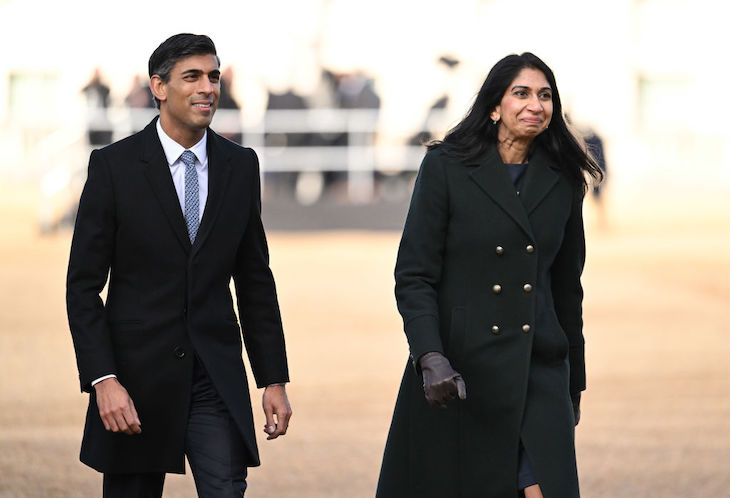
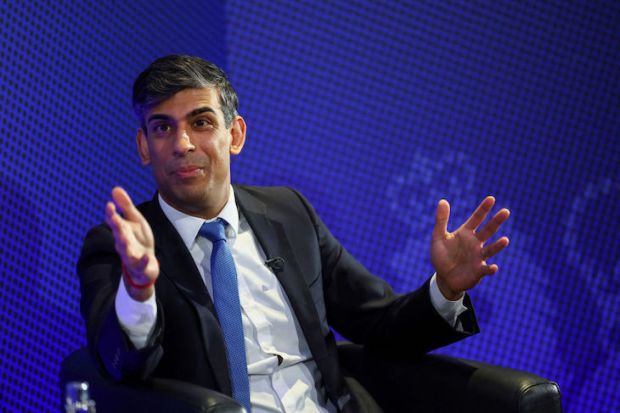
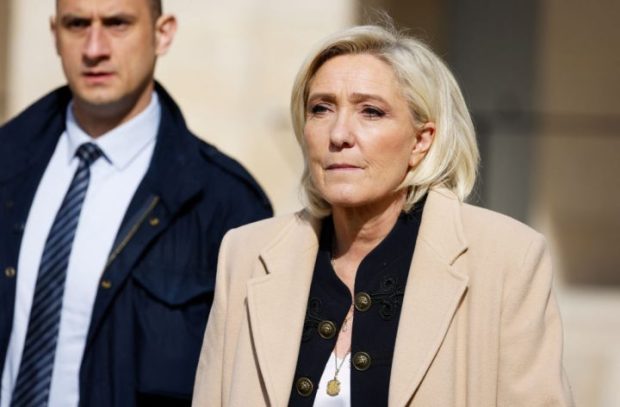
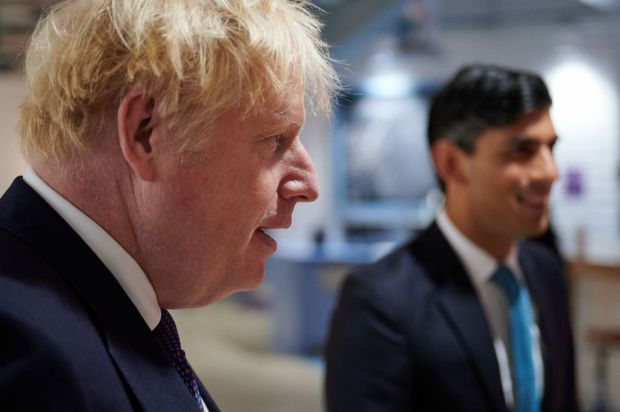
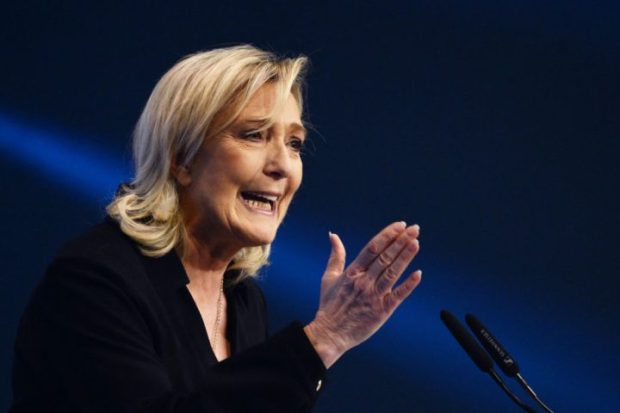
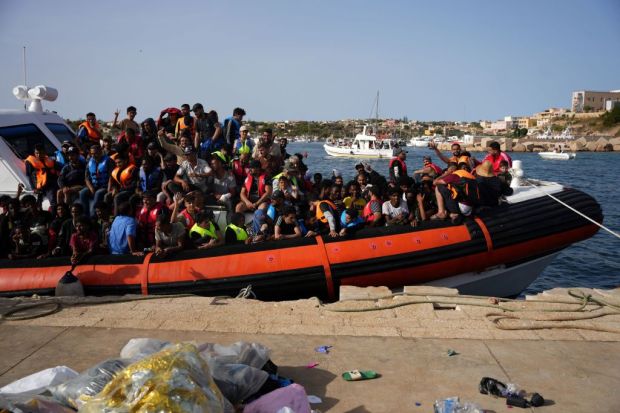
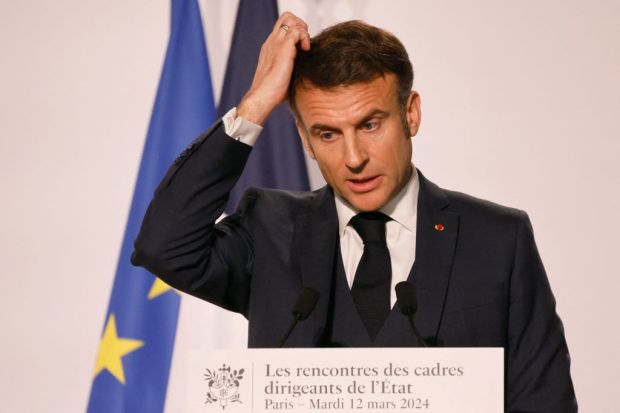












Comments
Don't miss out
Join the conversation with other Spectator Australia readers. Subscribe to leave a comment.
SUBSCRIBEAlready a subscriber? Log in